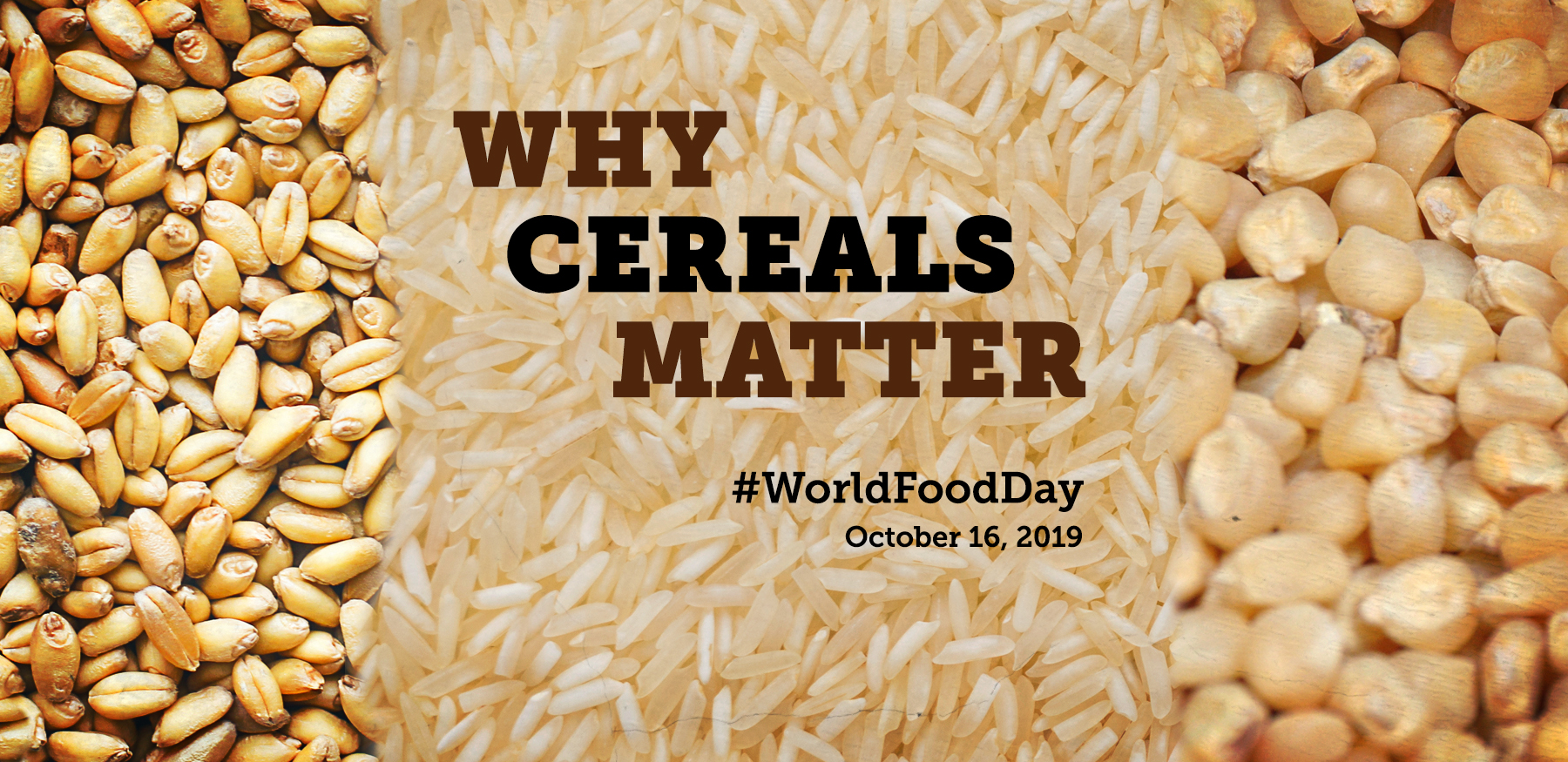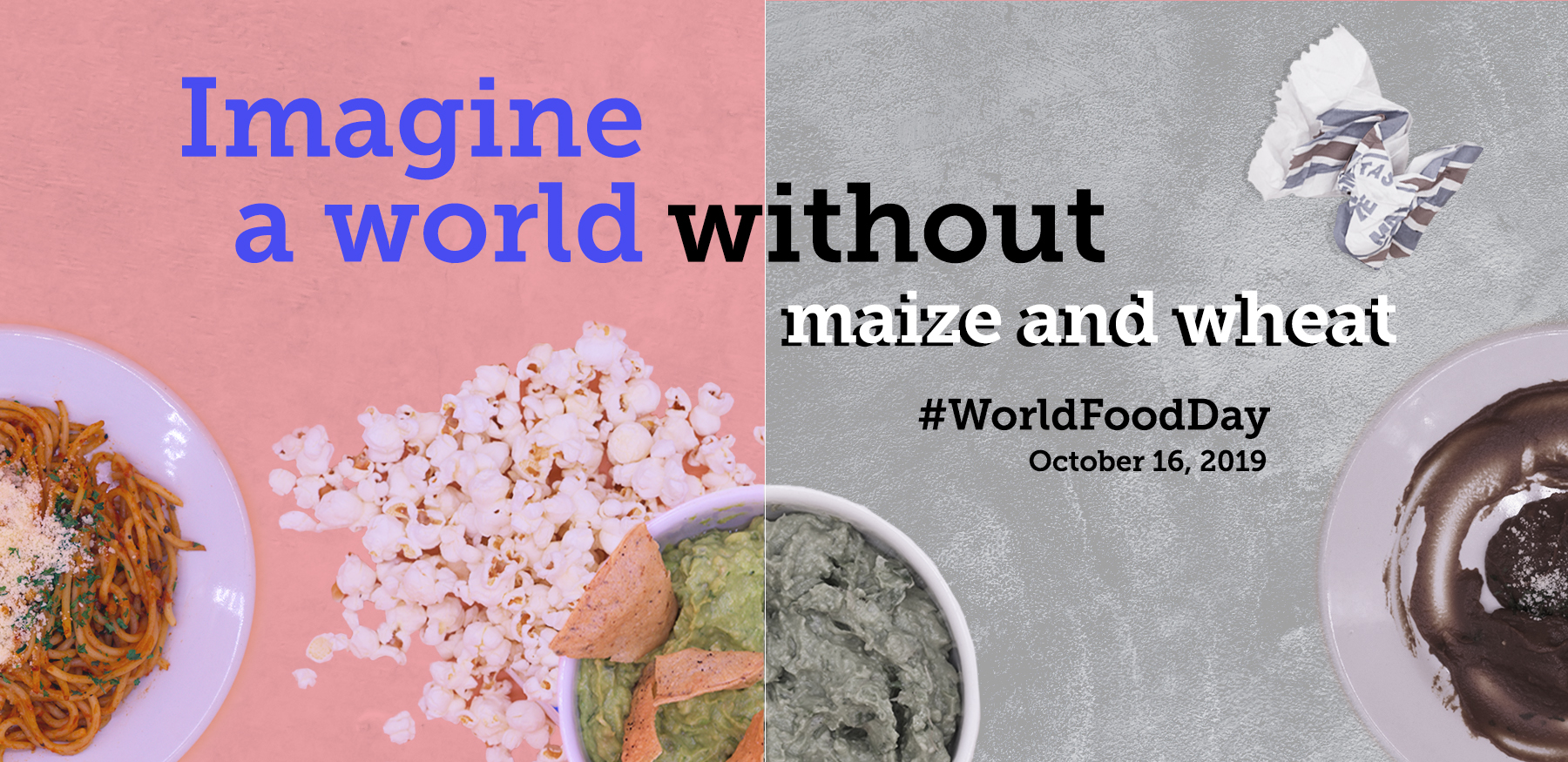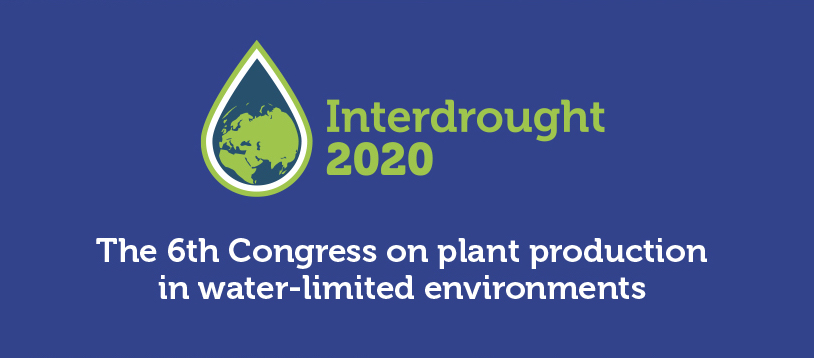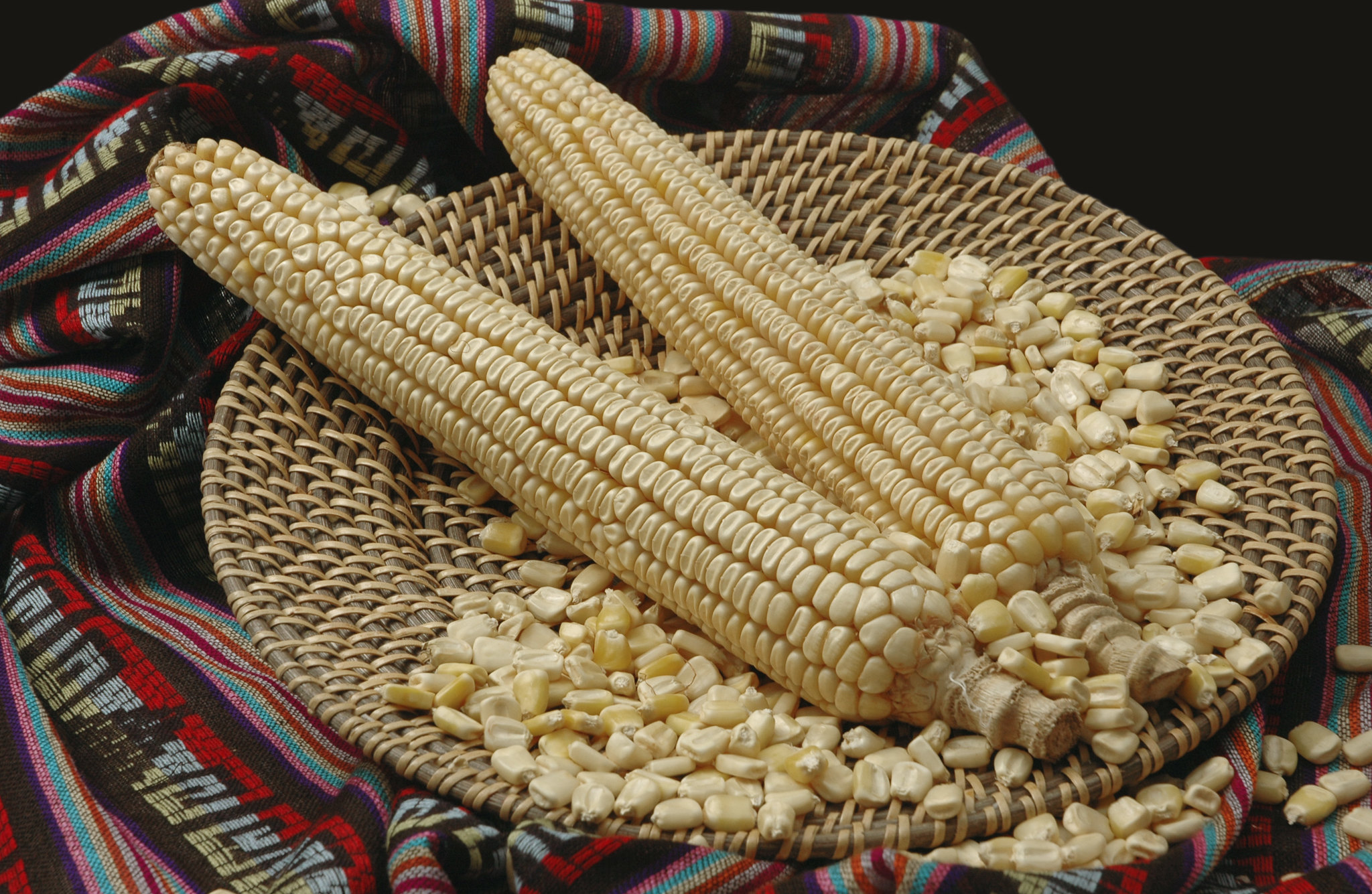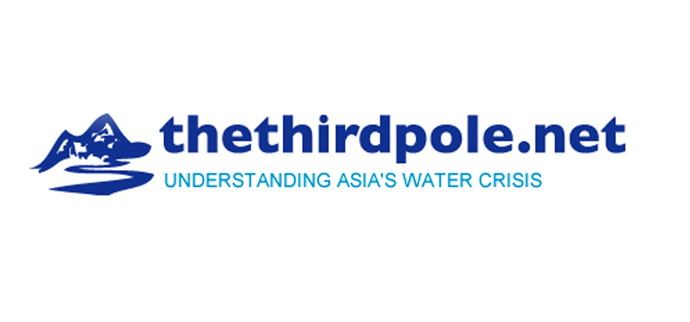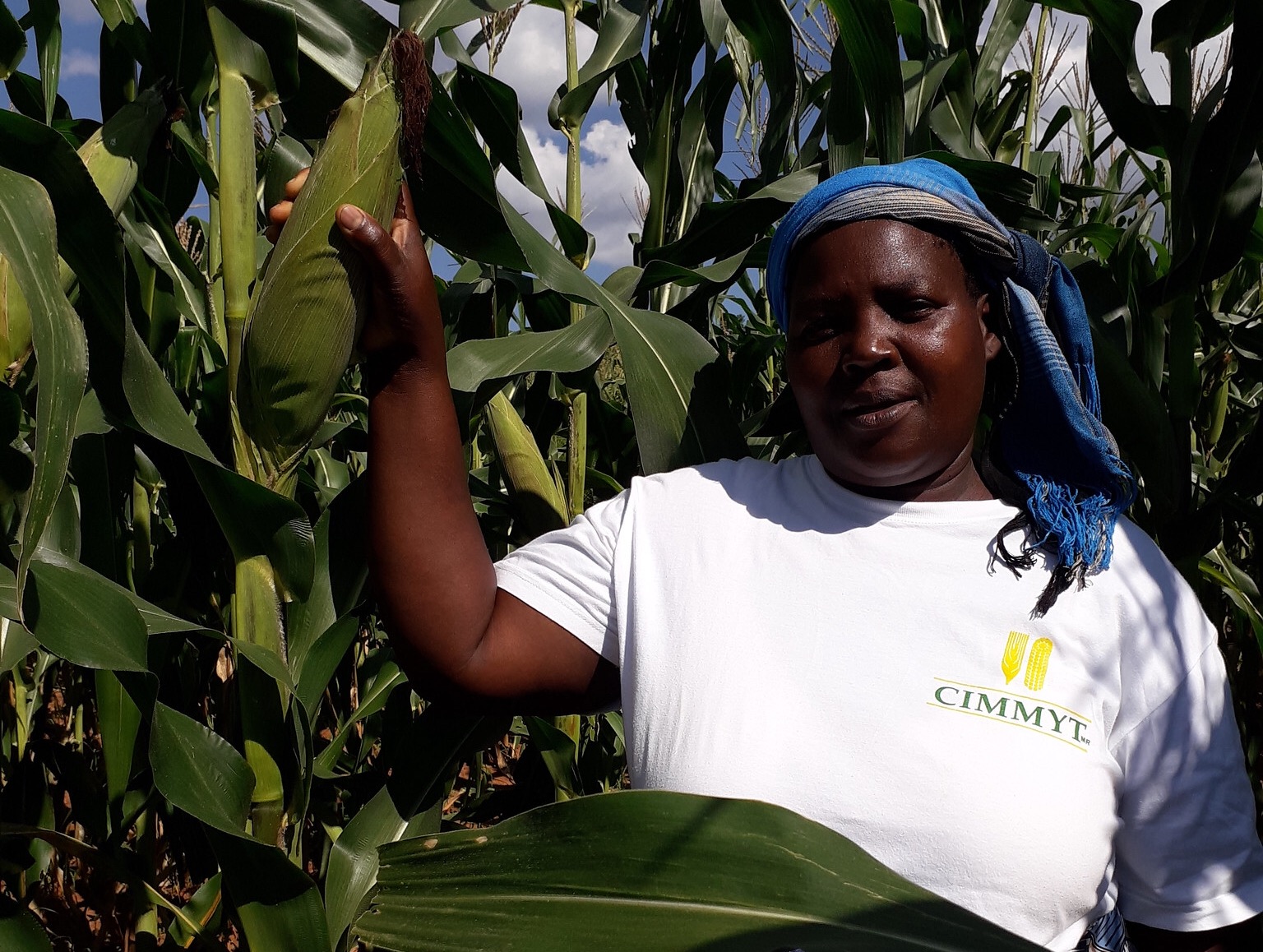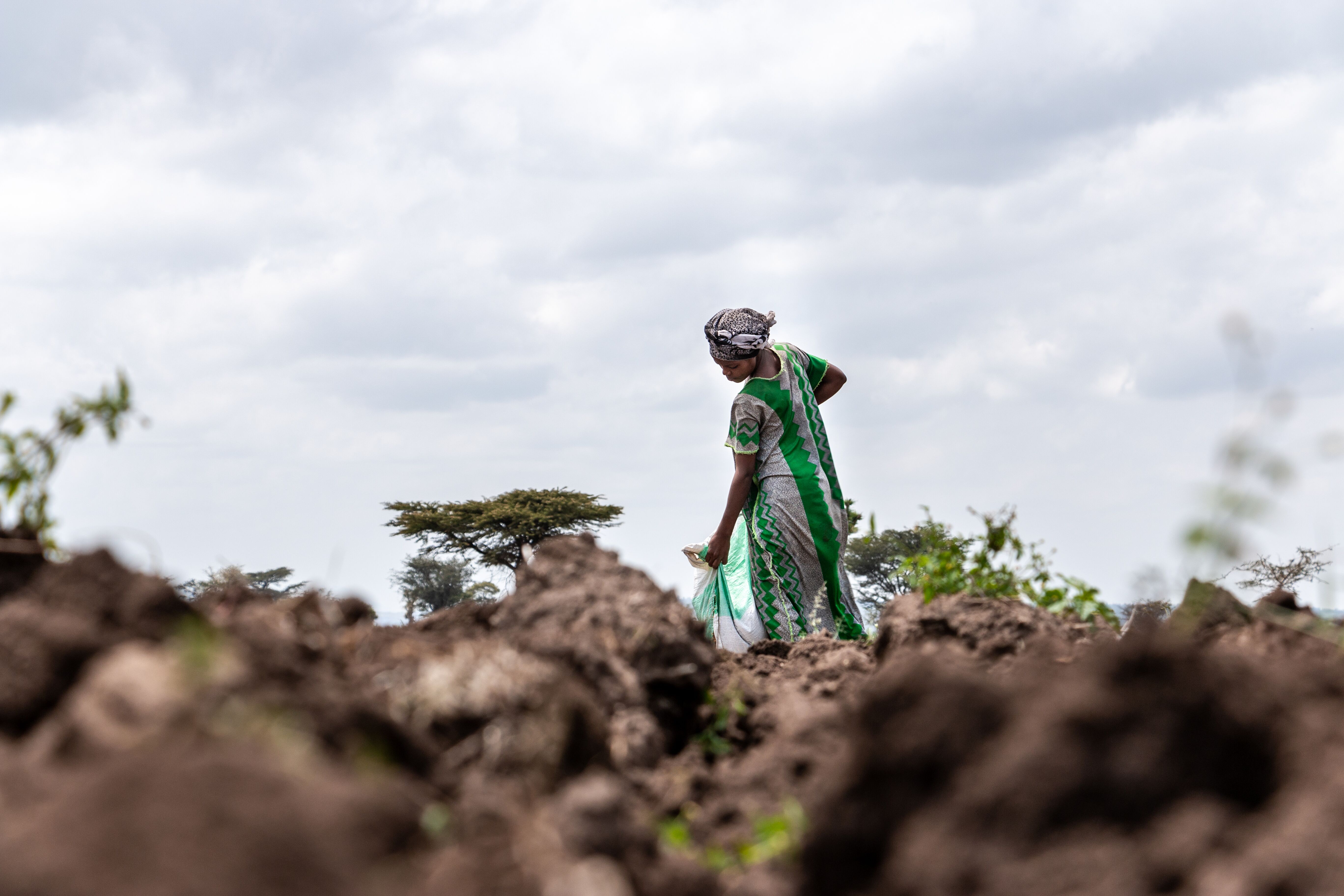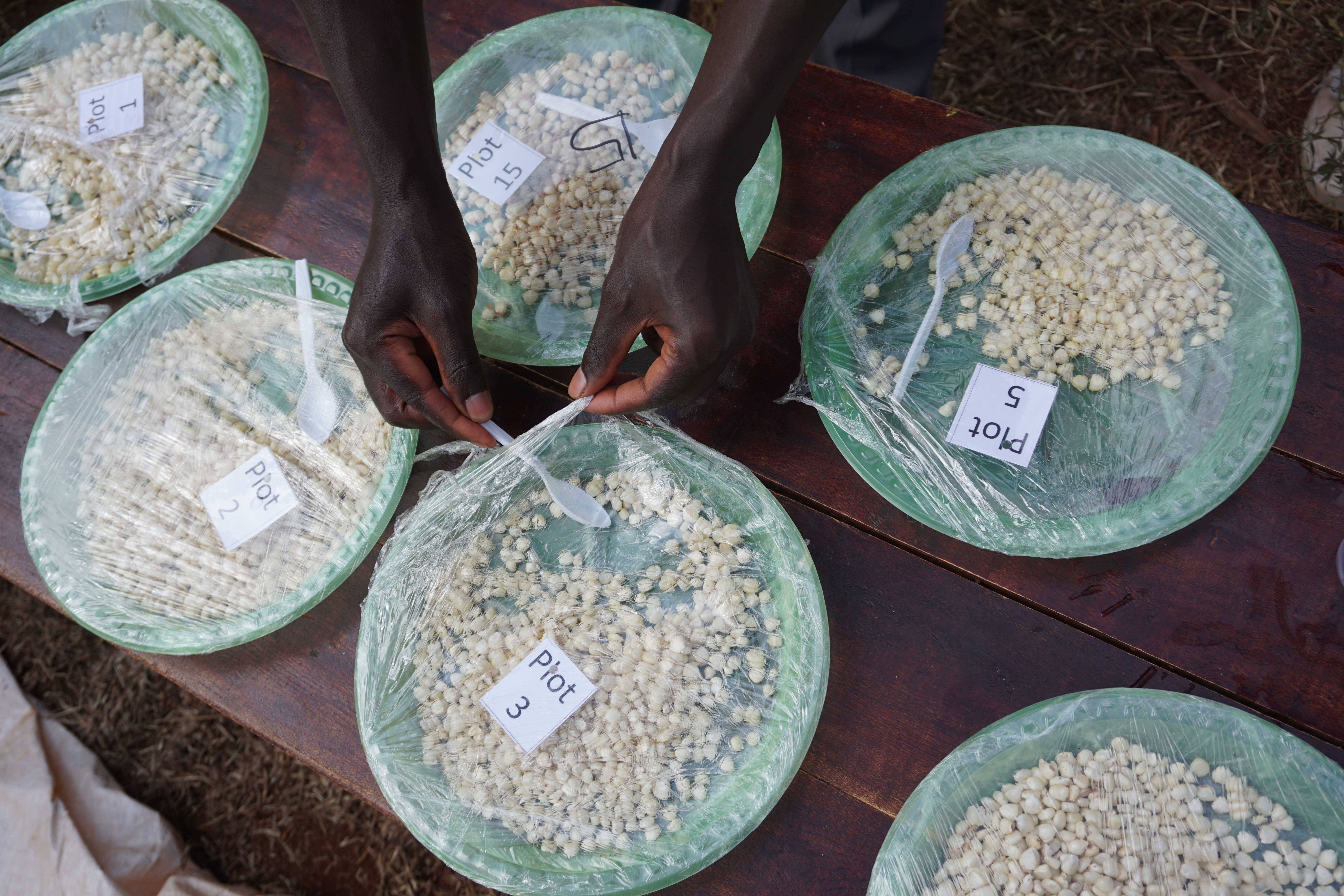Nutrition, health and food security
As staple foods, maize and wheat provide vital nutrients and health benefits, making up close to two-thirds of the world’s food energy intake, and contributing 55 to 70 percent of the total calories in the diets of people living in developing countries, according to the U.N. Food and Agriculture Organization. CIMMYT scientists tackle food insecurity through improved nutrient-rich, high-yielding varieties and sustainable agronomic practices, ensuring that those who most depend on agriculture have enough to make a living and feed their families. The U.N. projects that the global population will increase to more than 9 billion people by 2050, which means that the successes and failures of wheat and maize farmers will continue to have a crucial impact on food security. Findings by the Intergovernmental Panel on Climate Change, which show heat waves could occur more often and mean global surface temperatures could rise by up to 5 degrees Celsius throughout the century, indicate that increasing yield alone will be insufficient to meet future demand for food.
Achieving widespread food and nutritional security for the world’s poorest people is more complex than simply boosting production. Biofortification of maize and wheat helps increase the vitamins and minerals in these key crops. CIMMYT helps families grow and eat provitamin A enriched maize, zinc-enhanced maize and wheat varieties, and quality protein maize. CIMMYT also works on improving food health and safety, by reducing mycotoxin levels in the global food chain. Mycotoxins are produced by fungi that colonize in food crops, and cause health problems or even death in humans or animals. Worldwide, CIMMYT helps train food processors to reduce fungal contamination in maize, and promotes affordable technologies and training to detect mycotoxins and reduce exposure.
Genetics to feed the world
 Innovations
Innovations
Source: Science Daily (15 Oct 2019)
Study demonstrates the effectiveness of genomic selection in a wheat improvement program.
The cereals imperative of future food systems
 Nutrition, health and food security
Nutrition, health and food security
The world urgently needs a transformation of the global food system, leading to healthier diets for all and a drastic reduction in agriculture’s environmental impact. The major cereal grains must play a central role in this new revolution for the benefit of the world’s poorest people.
Ten things you should know about maize and wheat
 Nutrition, health and food security
Nutrition, health and food security
Can you imagine a world without maize and wheat? We can’t!
Delhi: Little impact of farm fires, but that could change; late harvest likely to cause spike
 Nutrition, health and food security
Nutrition, health and food security
Source: Times of India (13 Oct 2019)
M.L. Jat, CIMMYT principal scientist, is tracking farm fires in India, noting fewer fires than in previous years.
Spurt in stubble burning in Pakistan raises heat in Punjab
 Nutrition, health and food security
Nutrition, health and food security
Source: Hindustan Times (11 Oct 2019)
CIMMYT and Cornell study states the health risks of pollution caused by stubble burning.
Mexico City to host Interdrought 2020
 Climate adaptation and mitigation
Climate adaptation and mitigation
Global conference will serve as forum for collaboration on crop production in water-limited environments.
Saving the giant
 Nutrition, health and food security
Nutrition, health and food security
CIMMYT scientists engage to preserve the Jala maize landrace, famous for producing the longest maize ears in the world.
After 30 years of conflict, Somalia is coming back
 Nutrition, health and food security
Nutrition, health and food security
Source: Relief Web (1 Oct 2019)
CIMMYT, other CGIAR centers, funders and UN agencies met to discuss future of agriculture in Somalia.
October is World Food Prize month at William Penn University
 Climate adaptation and mitigation
Climate adaptation and mitigation
Source: Oskaloosa Herald (30 Sep 2019)
This year’s speaker is Bram Govaerts, the global Director Innovative Business Strategies at CIMMYT.
Researchers are hunting for the “climate gene” that can save food plants
 Innovations
Innovations
Source: Aftenposten (24 Sep 2019)
CIMMYT’s plant breeding contributes to climate resilience of crops around the world.
Toolkits to deal with Asian droughts
 Climate adaptation and mitigation
Climate adaptation and mitigation
Source: The Third Pole (23 Sep 2019)
CIMMYT, ICIMOD and partners launched a Regional Drought Monitoring and Outlook System for South Asia.
Climate-smart agriculture: A winning strategy for farming families in El Niño seasons
 Climate adaptation and mitigation
Climate adaptation and mitigation
A recent study from the International Maize and Wheat Improvement Center (CIMMYT) shows that conservation agriculture and other climate-smart technologies are increasing yields and farmer resilience amidst drought episodes in southern Africa.
Smallholder farmers’ multi-front strategy combats rapidly evolving wheat rust in Ethiopia
 Nutrition, health and food security
Nutrition, health and food security
Researchers found farmers who increased both the area growing resistant varieties and the number of wheat varieties grown per season saw the biggest yield increases.
Collaborative product profiling captures farmers’ demand for greater impact
 Nutrition, health and food security
Nutrition, health and food security
A demand-driven, multi-lens approach ensures the best maize varieties are available to seed companies and farmers.
How wheat can help in fight against ‘hidden hunger’
 Nutrition, health and food security
Nutrition, health and food security
Source: The Economic Times (15 Sep 2019)
CIMMYT has released eleven varieties of nutritious zinc wheat in India.

